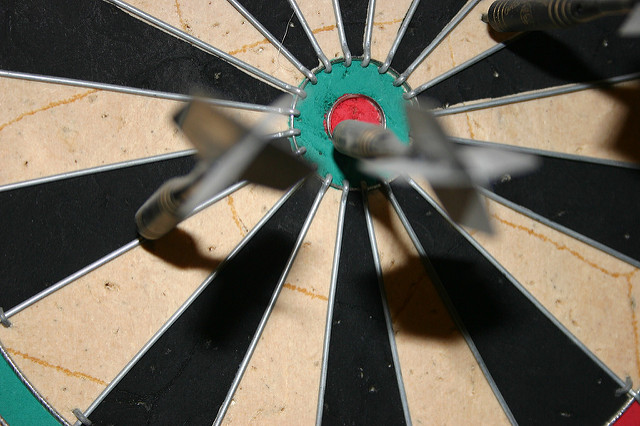Finding The Light At The End Of The Debt Tunnel
For many consumers, managing debt can seem overwhelming. Finding an effective way to reduce debt is a key to improving your personal finances. Use these tips to find a light at the end of the debt tunnel and improve your finances.
In 2017, household debt in the U.S. rose to more than $13 trillion. While debt is rising, many borrowers are seeing small increases in their income, or no pay raises at all. This situation makes paying down debt more challenging, which is why you need to think carefully about a plan for debt management.
Contents
An Important First Step
When you owe money, it’s often easier to ignore bills and statements than to face up to what’s actually happening in your accounts. If you’ve been guilty of neglecting your finances, or you haven’t checked your balance or your credit card statement in a while, there’s no time like the present.
Get free sample chapters for my new ebook: Not Another Personal Finance Book.
Open those letters from the bank, go online and check your balances, and write everything down. You need to have clarity before you can move on, and it’s essential to understand how much you owe and who you need to pay. Once you have this information, you can work on taking the next step.
What Should You Pay First?
Each debt has a different payment schedule, and you can use that information to create your debt repayment plan. Your mortgage loan may have a repayment schedule over 20 years or more, while a car loan must be repaid in 2-4 years. Your credit card bill must be paid in months, rather than years, to prevent a large amount of interest on the card balance.
Put all of your debts on a spreadsheet, create a column for each month, and list your monthly payments for each debt. If you’re only making minimum monthly payments on your credit card, you’ll have to pay interest on the balance- and possibly additional fees.
Why a List of Priorities Matters
Your first priority is to find some extra dollars each month to pay down the credit card balance. Take a look at all of your monthly spending, and review the dollars you spend on food, meals, and entertainment. These variable expenses can be cut, and you can use the extra dollars to pay down your credit card.
Once you pay off the credit card, you can use the dollars you were paying toward the credit card to reduce another debt. Since the car payment comes due next, pay more on that loan. You’ll reduce your total interest costs if you pay down principal on the loan faster.
Impact on Your Credit Rating
Reducing your debt will have a positive impact on your credit rating. If you have black marks on your record, this can affect your credit rating, which will make it harder to borrow money in the future. For more information about credit scores, check out this guide http://money.cnn.com/2017/05/08/pf/credit-score-tips/index.html.
If you prioritize the debts that are costing you money to prevent fines and reduce your overall debt, and your credit rating will improve.
Where to Find Help
It can be distressing to feel like there’s no way out, but you can find light at the end of the tunnel. If you’re in trouble, seek help from an experienced debt advisor. They can talk you through your options and help you move in the right direction. It may be possible to consider options like debt consolidation loans available from sites like debtconsolidation.co or to come to an arrangement with a creditor, which enables you to clear a debt by paying installments. The sooner you seek help, the better, because debts can spiral quickly.
If you owe money, you may feel like there’s no way out. The good news is that help is available. Don’t hesitate to seek advice and explore your options. The sooner you act, the higher the chance of finding a practical solution and alleviating unwanted stress.
For educational purposes only.
Ken Boyd
Author: Cost Accounting for Dummies, Accounting All-In-One for Dummies, The CPA Exam for Dummies and 1,001 Accounting Questions for Dummies
Co-Founder: accountinged.com
(email) ken@stltest.net
(website and blog) https://www.accountingaccidentally.com/
(you tube channel) kenboydstl
Image: Bullseye, Jeff Turner CC by 2.0


